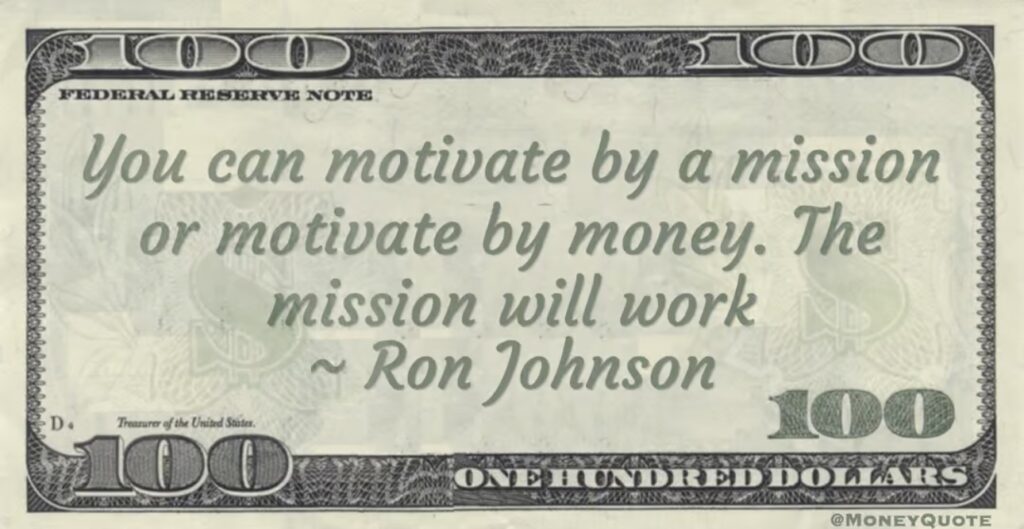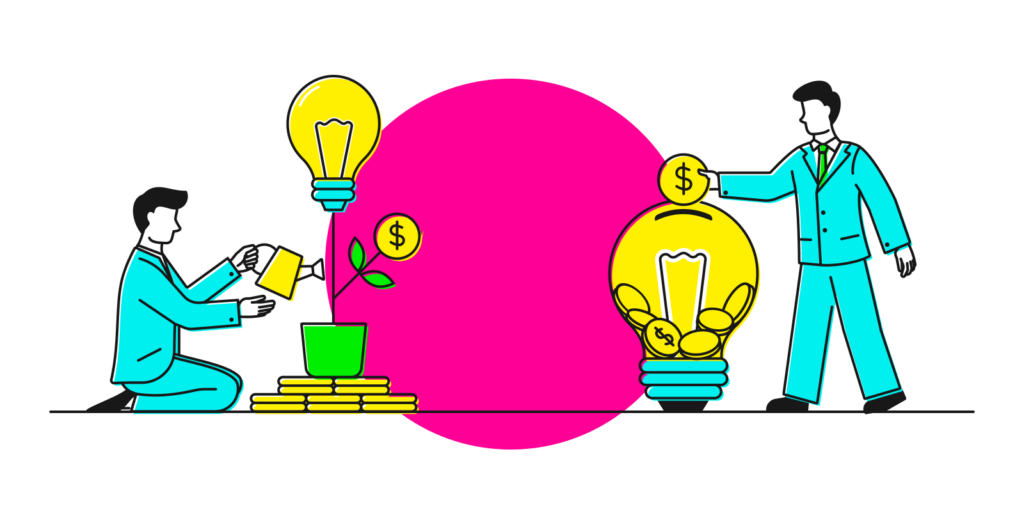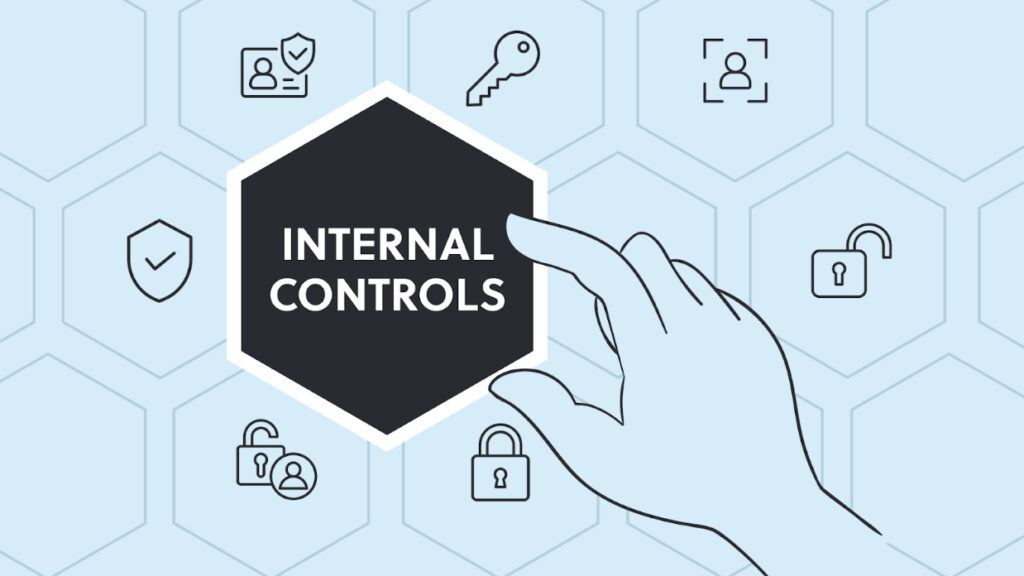Mission vs. Money: Are You a Business Missionary or Mercenary?
In today’s Ghana, there’s a growing divide in how people approach business. Some are driven by the allure of quick profits, the rush of sealing deals, and the relentless pursuit of revenue. These are the business mercenaries, charging into the market with dollar signs in their eyes. On the other hand, however, we find a different breed of entrepreneurs, those who chase something deeper, something more enduring. These are the business missionaries. For them, success isn’t just about the bottom line; it’s about purpose, impact, and leaving a meaningful legacy. This contrast between missionaries and mercenaries goes beyond just a mindset. It is a powerful reflection of the choices we make on our individual corporate journeys. Are we in it to serve, to build, and to transform? Or are we only after the cash and the clout? While mercenaries might achieve fast gains, history shows that it’s the missionaries who endure, who inspire, and who, ironically, often end up making even greater fortunes in the long run. Defining Business Missionaries and Mercenaries “Missionary” and “Mercenary” are more than just labels. They describe two fundamentally different mindsets that drive how people build and operate their businesses. Understanding these approaches sheds light on why some entrepreneurs stand the test of time while others flame out after a few quick wins. A business mercenary is driven by one goal: profit. They’re quick to spot an opportunity, strike fast, and extract value wherever possible. Mercenaries often operate with a focus on short-term gains, seeing success in numbers, revenue targets, and immediate results. This approach is characterised by high energy and competitiveness but rarely grounded in a deeper purpose. The focus is often narrow, driven by personal gain, and sometimes comes at the expense of customers, employees, or broader societal values. In contrast, a business missionary is fuelled by a commitment to something beyond personal profit. Missionaries start with a purpose, a vision of what they want to change or create in the world around them. Their approach to business is often slower, more deliberate, and focused on building lasting value. Missionaries see success not just as personal gain but as something shared with the people and communities they serve. They invest in relationships, prioritise quality over quick wins, and put their mission first, even when it means turning down lucrative offers that don’t align with their vision. While mercenaries may be faster to make profits, missionaries tend to build something resilient, something that people trust and respect. And for some strange reason, as we’ll see through real-life examples, this approach doesn’t just lead to a stronger business but often results in unexpected financial success. Go figure! Why Mission Matters Why is mission so powerful in the world of business? At first glance, chasing profit might seem like the surest way to success. After all, money is a tangible reward. Yet, history and experience show that mission-driven businesses are built on stronger foundations, inspiring greater loyalty from customers, employees, and communities alike. This loyalty is more than just a by-product; it’s a pillar that sustains businesses through challenges and economic cycles. A business driven by mission speaks to people’s core values. Customers today are more discerning than ever, gravitating toward brands they can believe in. When a business prioritises purpose, customers don’t just buy products; they buy into a story, a vision, and a shared sense of responsibility. This creates something money can’t buy: trust. Unlike mercenary-run businesses that pivot rapidly and focus on short-term gains, missionary businesses invest in cultivating these relationships. They understand that trust is an asset that grows over time, paying dividends long after the initial sale. From my personal experience working, trading, and growing with Ghana’s farmers, this is so true and so crucial to business success. You need their trust, and oh no, they’re not easily fooled into trusting you. Furthermore, mission-driven businesses attract and retain top talent. People want to work where they feel valued and part of something meaningful. In environments where mission drives decisions, employees are not just numbers but contributors to a larger goal. This sense of purpose motivates teams to give their best, fosters a collaborative culture, and significantly reduces turnover. In other words, a mission-driven company becomes a magnet for both loyal customers and dedicated employees, which are vital ingredients for sustained growth. The mission, then, isn’t just an add-on or a marketing tool. It is the very engine of long-term success. As we’ll see with our examples of business missionaries, this commitment to purpose often ends up creating far more wealth and success than any quick, mercenary approach could. Examples of Business Missionaries Some of the world’s most successful entrepreneurs are those who made a choice early on to prioritise their mission over immediate financial rewards. These “business missionaries” took calculated risks, often turning down tempting offers to stick with their vision, and, in time, reaped rewards far greater than the initial gains they left behind. One notable example is Mark Zuckerberg, who, at just 22 years old, famously turned down a $1 billion buyout offer from Yahoo for Facebook. Many questioned his decision at the time, but Zuckerberg’s commitment to his mission – to connect people globally – fuelled his resolve. He believed Facebook could transform how people interacted worldwide, and today, his company is worth about 1.5 TRILLION US DOLLARS as of this writing. Another example is Steve Jobs of Apple, a pioneer known for his relentless dedication to innovation and quality over profit. Jobs focused on creating technology to revolutionise people’s lives, often disregarding short-term financial targets. In fact, Apple’s product development cycles were famously slow and painstaking, a rarity in an industry driven by rapid releases. His mission-first approach led Apple to create products that people loved and trusted, establishing a brand loyalty that transformed Apple into one of the most valuable companies in the world. Then there’s Elon Musk, a figure who exemplifies the business missionary spirit. Musk is deeply driven by his vision for a sustainable future, investing heavily in Tesla and SpaceX
Mission vs. Money: Are You a Business Missionary or Mercenary? Read More »




